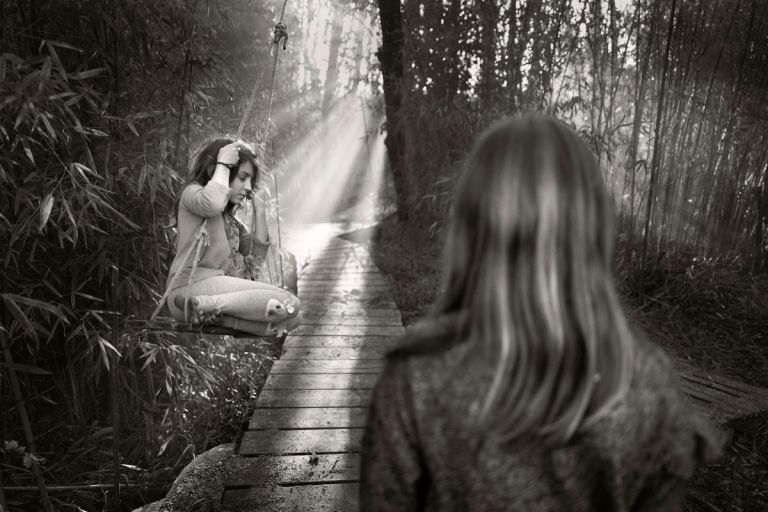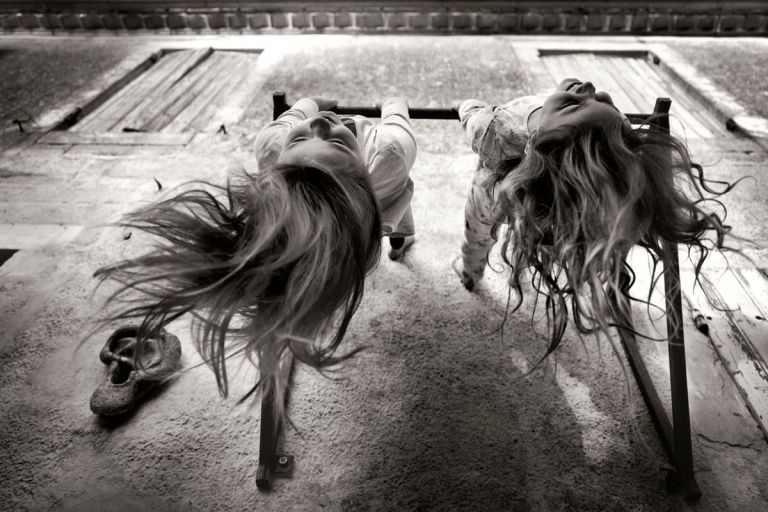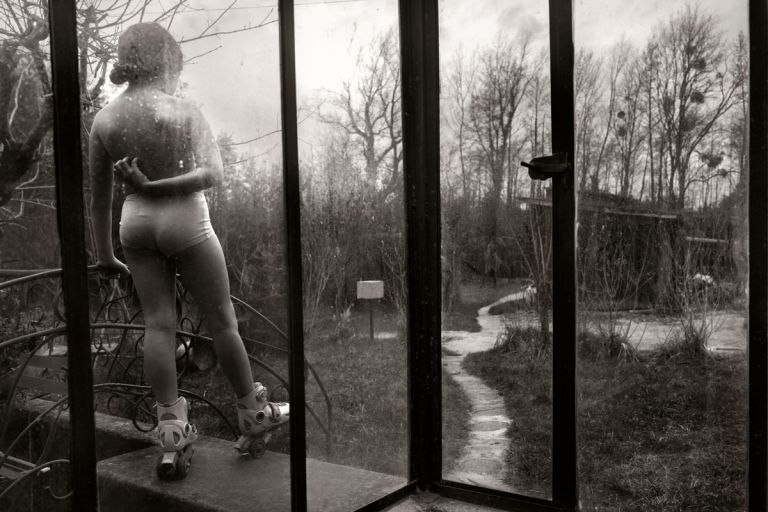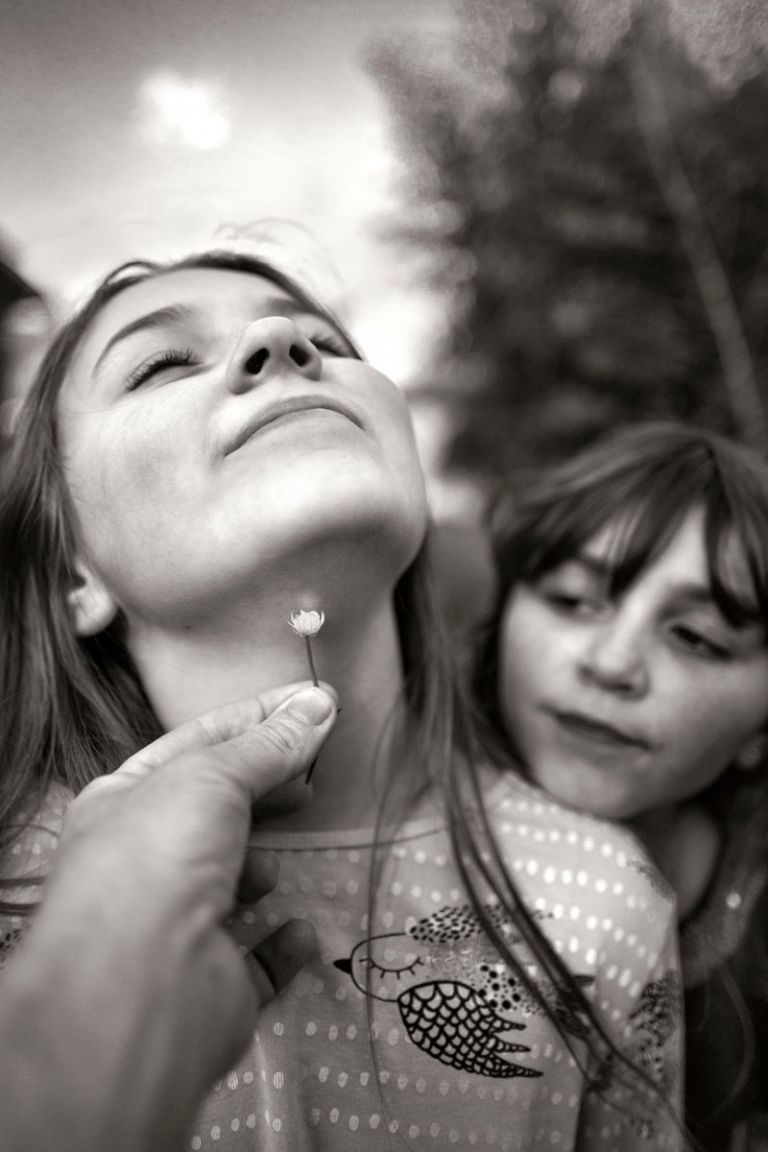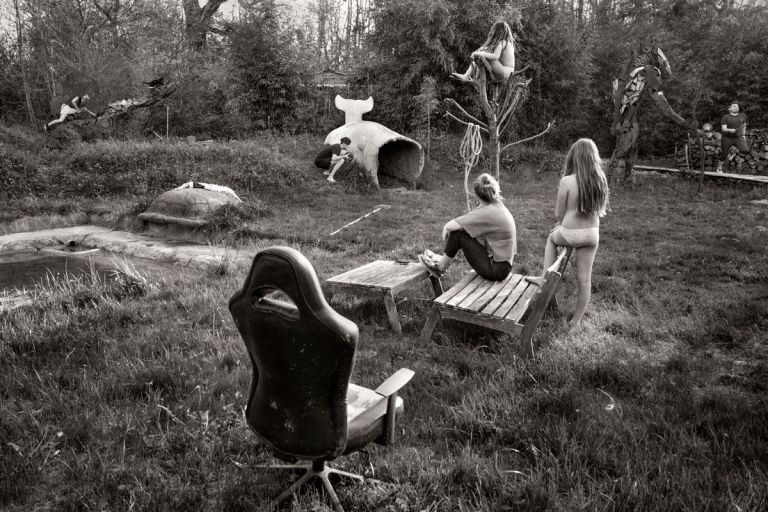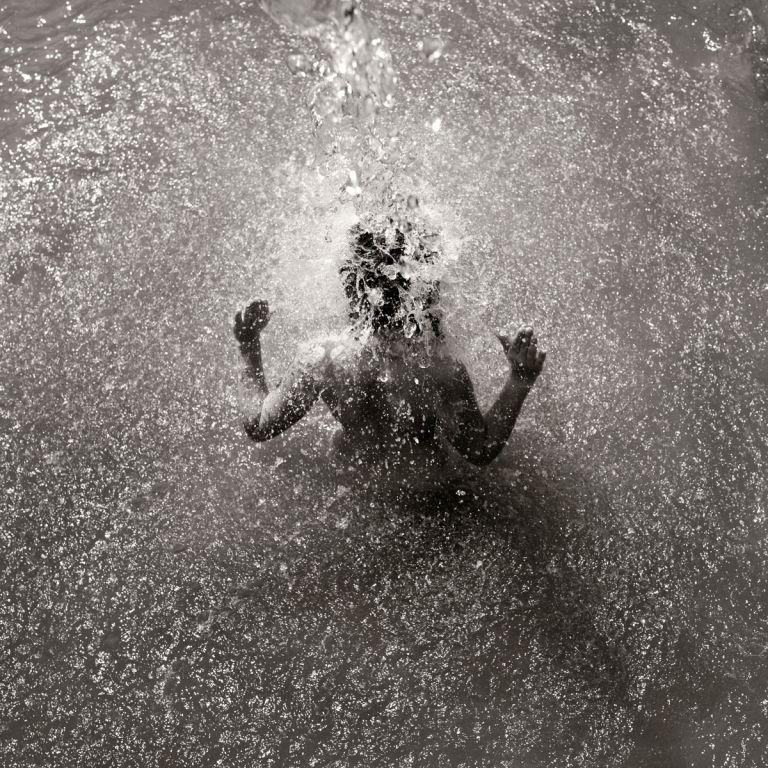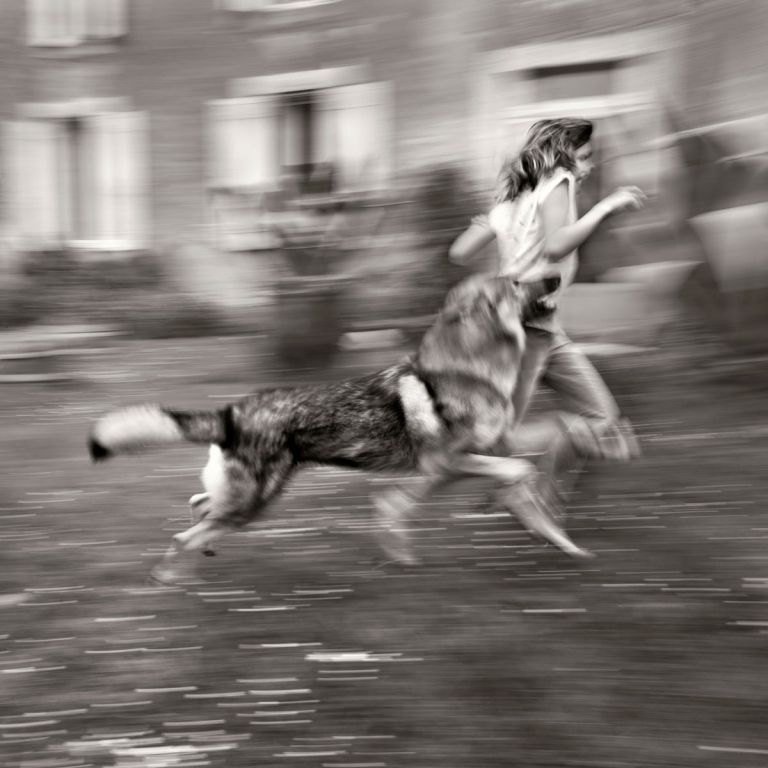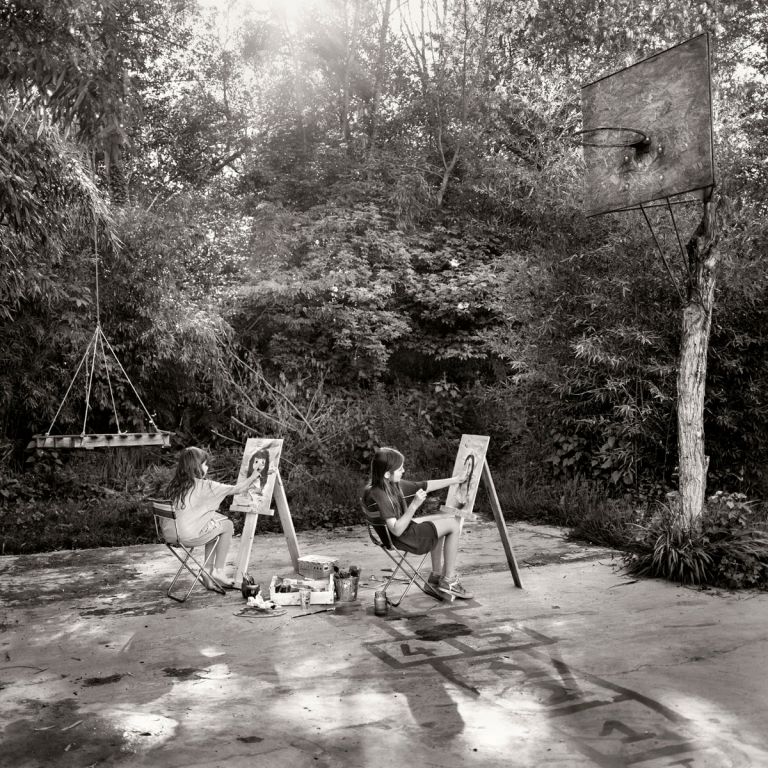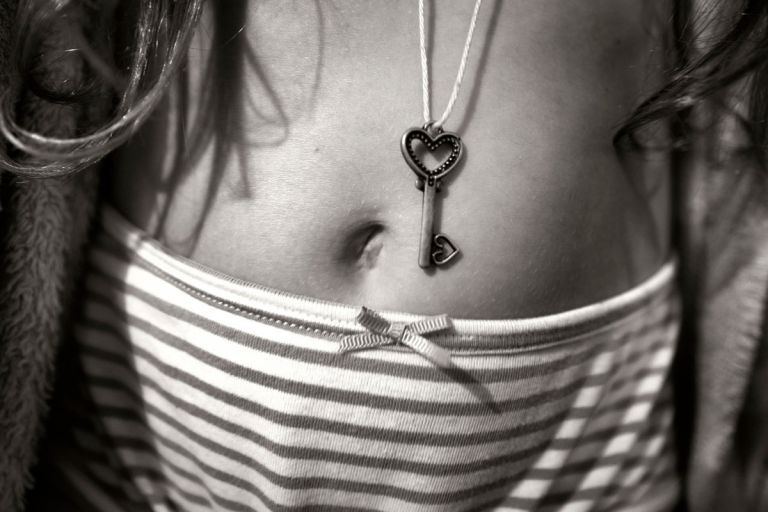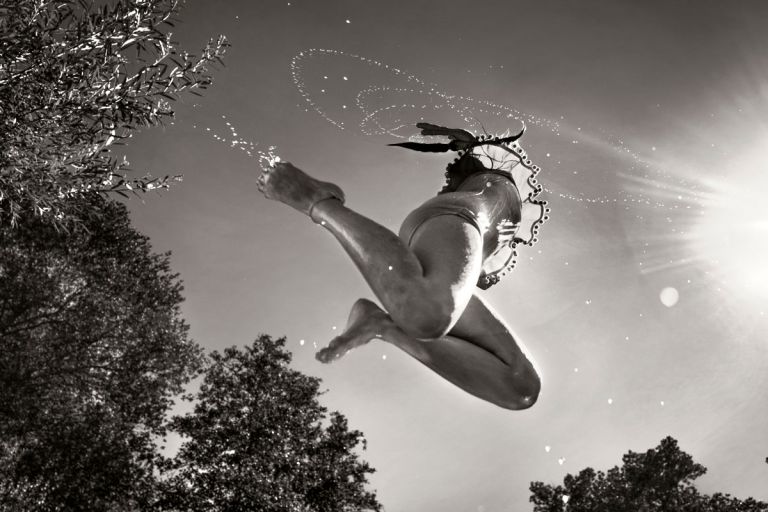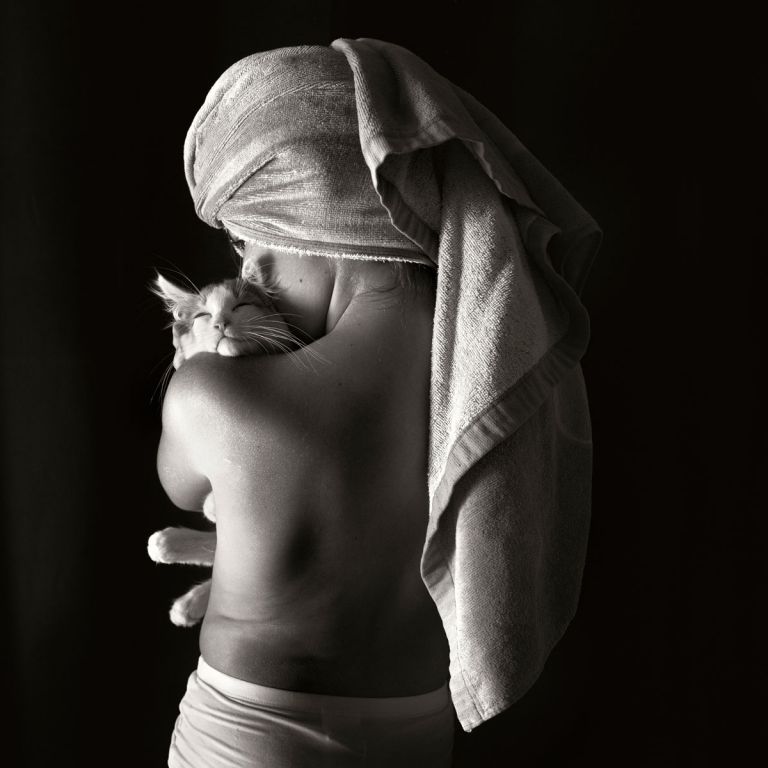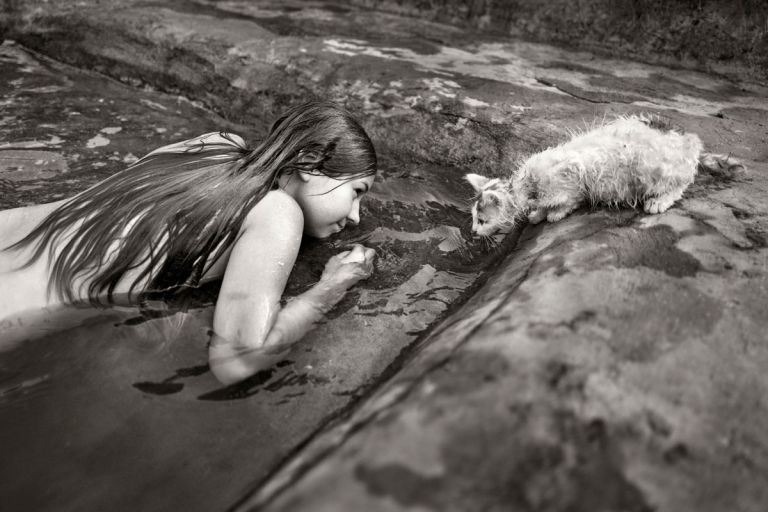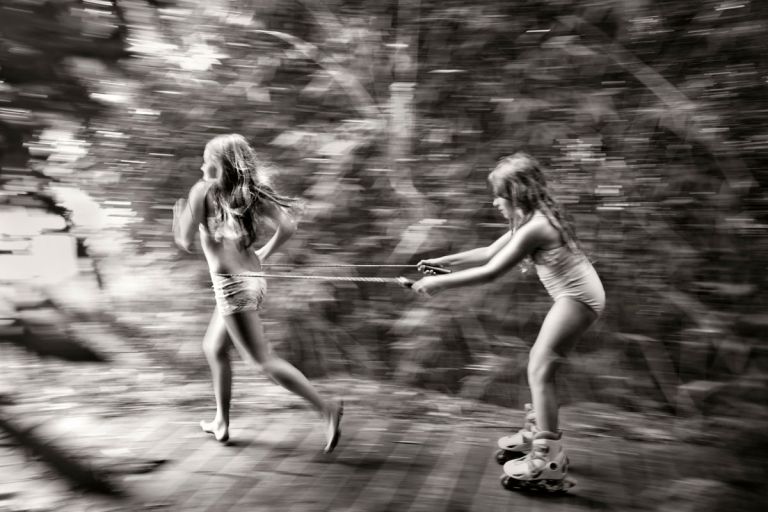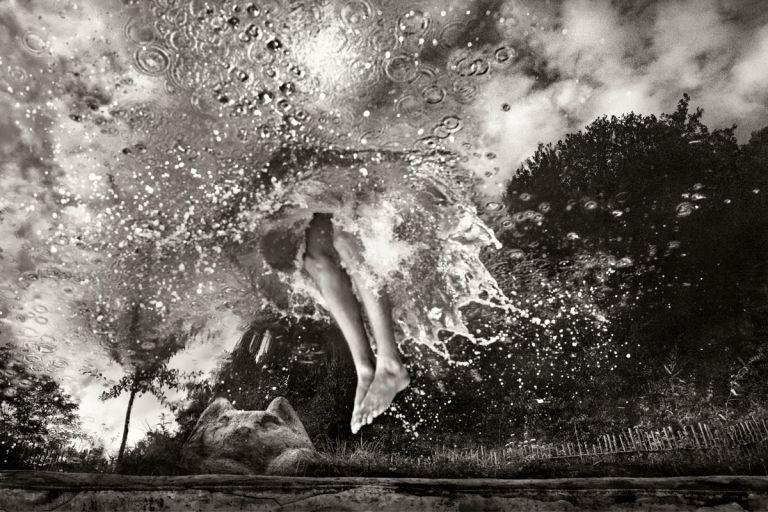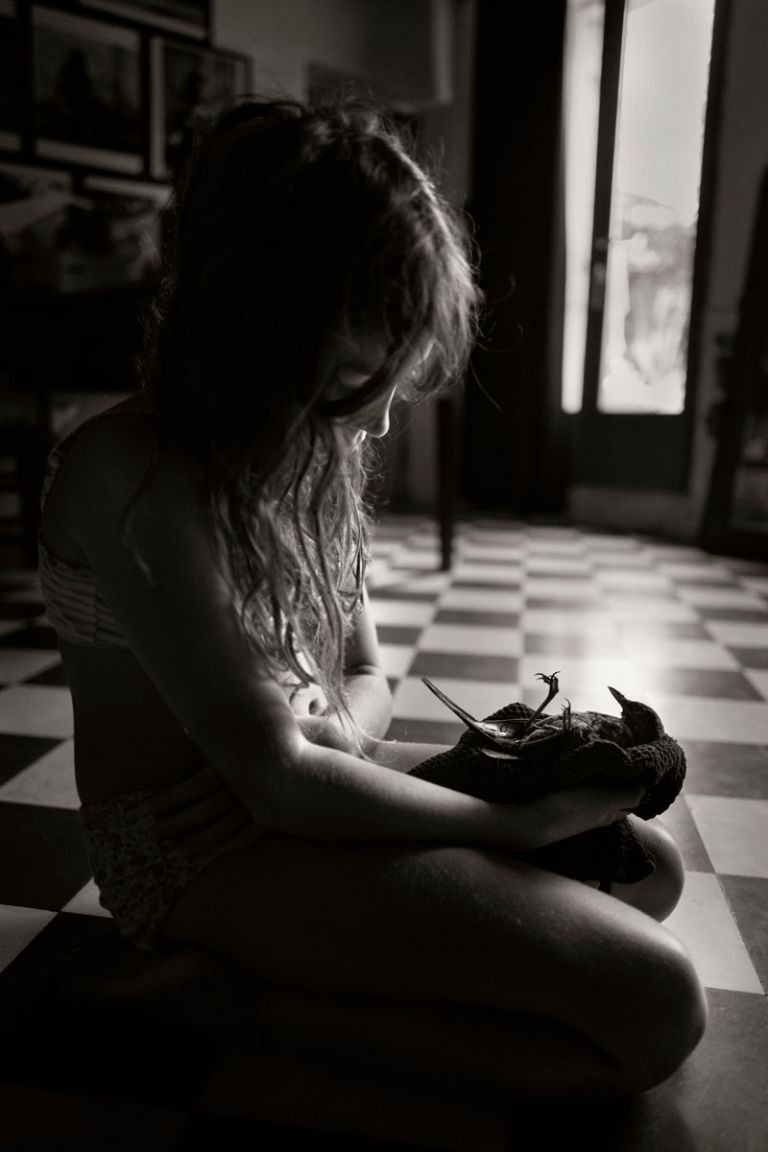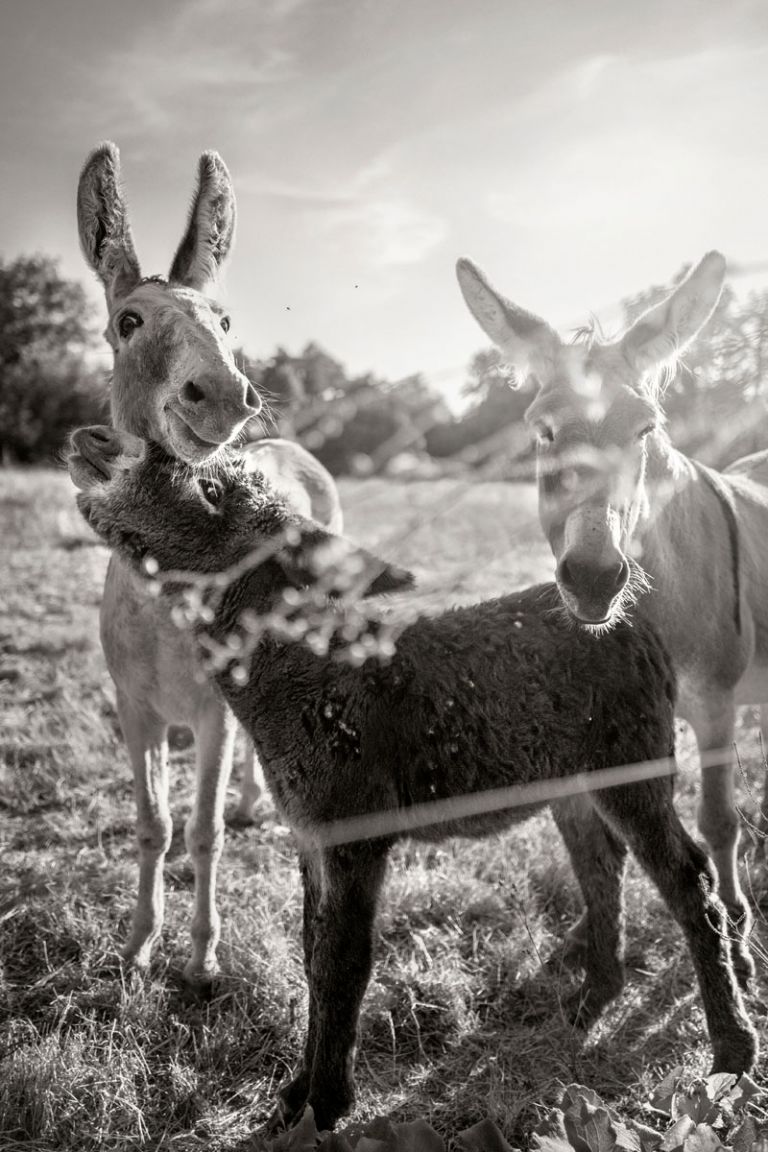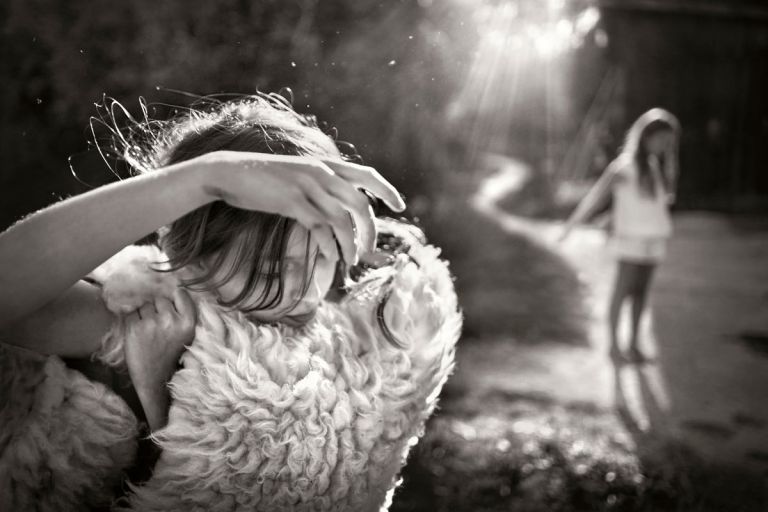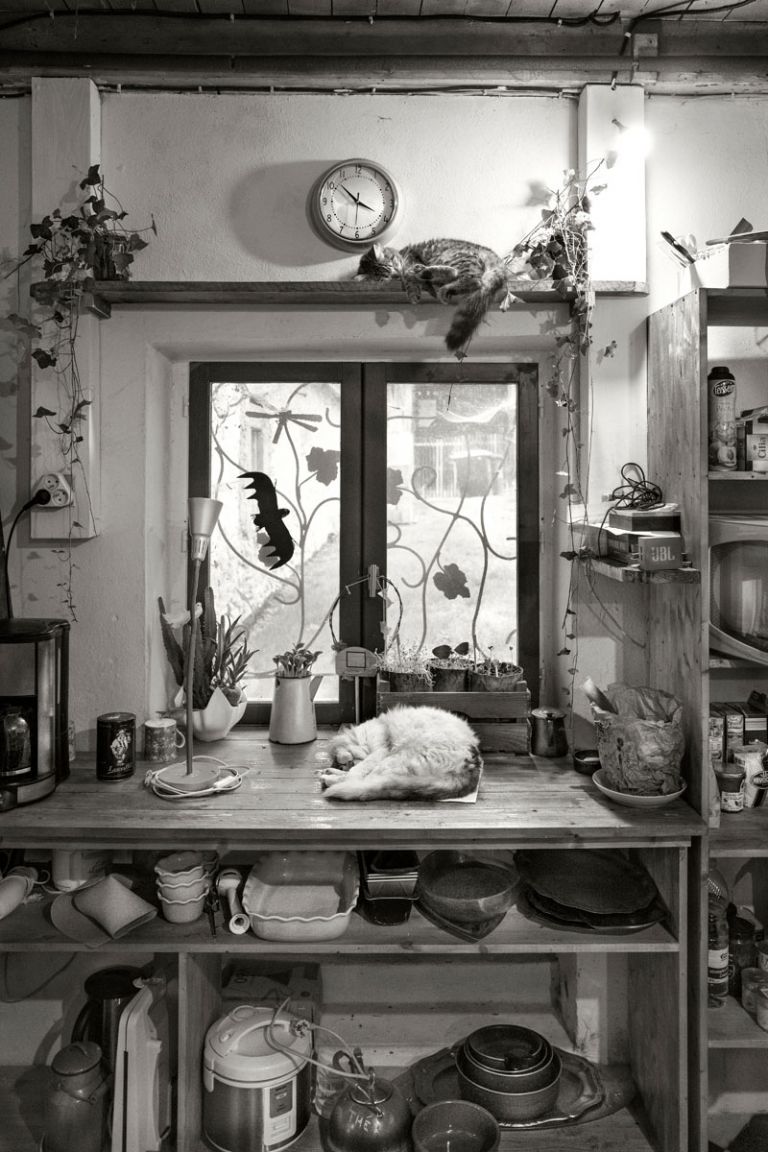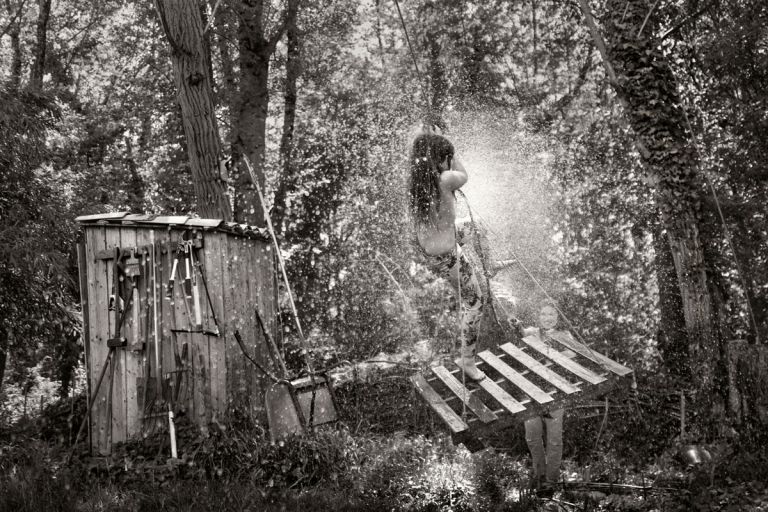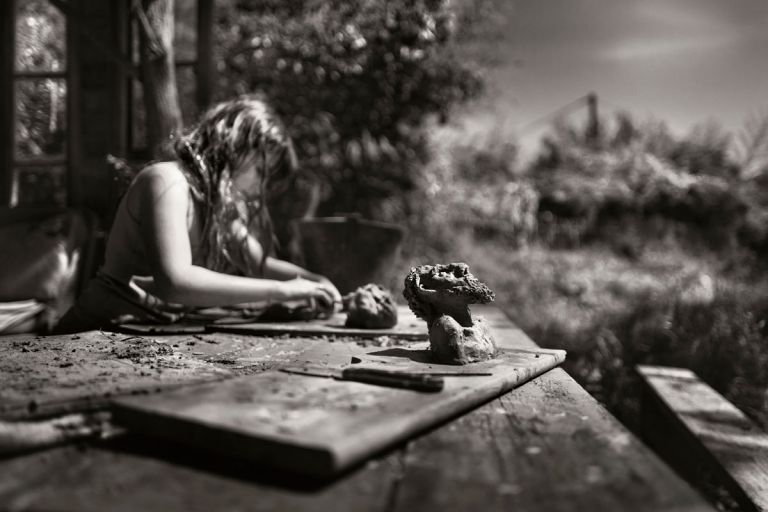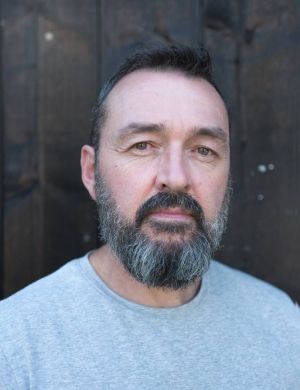
Alain Laboile, France
Alain Laboile, born in May 1968 in Bordeaux, was first interested in insects which he also photographed as macro images which served as inspirations for his metal sculptures. He taught himself about photography making an incredible career. Because his heart-warming, engaging positive family photographs have enchanted people all over the world – and now also the jury of the Alfred Fried Awards. Laboile regards the books with the photos of his children – called ‘At the end of the world’ or ‘The summer of a fawn’ or ‘Under the monochrome rainbow’ − also as a private treasure as he himself has only one photo from his own childhood. He now celebrates what a childhood could be like – and he has been celebrated at exhibitions in France, Cambodia, the USA, in Japan, India, Austria, Mexico, Russia, Brazil, Argentina, Italy, Greece, the Netherlands, in Poland and Hungary. The recipients of his images apparently recognize a universal longing for an unwavering innocent life in what he depicts.
In Arbis, a small village southeast of Bordeaux, a childhood is lived which is probably rare now in Western European countries. It is like a fairy tale telling the story of a carefree life and an appetite for discovery and a frenetically enjoyed freedom, a mere outburst of joie de vivre, untamed, full of beans, lively, vibrant. And yet sometimes very quiet, pensive and intimate. Then again crazy, comical and sometimes almost surreal. At the same time quite normal. Running, frolicking, climbing, playing hide and seek, a bath in the mud, jumping into water. Conquering the furniture and concrete-mixing machines and trees. Examining cats, toads, frogs and blindworms. The children skip, dive, carry each other, hug each other. Naked or painted or dressed up. They are the six children of Alain Laboile who earns a living as a sculptor – and he takes photographs. Photographs of his family. Again and again and almost exclusively of his family. It is the visual journal of having made peace with himself, which he began in 2006. There may also be conflicts, however, always with peace-making within reach. With himself and with others. And above all with life. (Text by Peter-Matthias Gaede)
